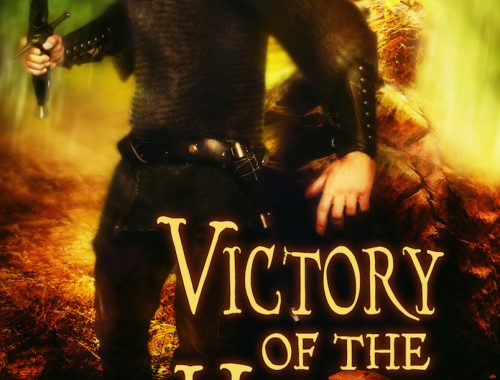I got into an interesting online discussion with Dara and our friend Rod, pertaining to recent research indicating that early musical instruction in childhood contributes to one’s language skills, by improving one’s ability to recognize meaningful sounds and reject noise.
As I am both a language geek and a music geek, you can imagine that this subject is of interest to me! So I went googling and found this article from back in February of this year, which talks a bit about this. According to this article, people who have early musical instruction have a better shot at learning languages even in adulthood.
Now me, I don’t know how well I match up to this, but it’s very interesting to consider nonetheless. I started playing flute in fourth grade, which would have been the year I turned ten. By age 12, I was in middle school band and I pretty quickly took over the first chair of the flute section, holding onto it until my eighth grade year when I was trumped by the girl who could play oboe.
I didn’t get to take language classes until high school, though. By then I’d had six years of school band, and it’s a very interesting question as to whether that musical instruction helped me out learning German. I had interest in German regardless–but it’s worth noting that I chose German partly because a) my dad had been stationed in Germany when he was in the Marines, and b) Elvis had been in Germany. He even had a bridge in one of his songs in German, and that was a not inconsiderable part of why I chose to take German instead of, say, Spanish. Even then, my language interest had a musical connection.
The language interest stayed with me into my adulthood and has certainly formed a significant part of my computer experience, since I do a lot of testing of stuff localized into other languages. A big part of that is pattern recognition, especially if the thing I’m testing is in Japanese–I have to rely on visual pattern matching just because Japanese characters don’t parse as ‘letters’ to me. So it’s a different kind of pattern matching than, say, on our German or French sites, where I know enough of the words that I can actually understand a good bit of what I see.
But that’s also visual pattern recognition. Part of what Dara and Rod and I talked about had to do with how this plays against aural pattern recognition in music–and whether the ability to learn patterns aurally in music affects your ability to match patterns visually, and vice versa. Does ability to read sheet music help you when you’re trying to learn to read a new language? Does ability to pick up on the structure of a song, or on a smaller scale certain repeated patterns of notes, help you identify recognizable patterns in spoken language? Do they all play well together in your brain?
I’m no researcher. But I can say this. It does all feel connected to me–I’ve absolutely noticed it all seeming to tie together as I’ve been studying French the last couple of years, as I’ve posted about before. Listening to a lot of Quebec trad improves my ability to aurally pattern-match words, and at the same time it’s got the song structure of the genre working in there too. Not only is Quebec trad heavily call-and-response driven, there are also distinct structures to songs, like the ones where you sing the last line of a verse and have that same line roll over to become the first line of the next verse.
And I’ve absolutely noticed that words or phrases I learn as part of a song have a much better chance at staying with me, too. They’re the ones most likely to pop out at me when I’m slowly stepping my way through reading something in French, or when I’m listening to a brand new song as well. Or if I’m reading the lyrics to a song, too.
Plus, I’ve been trying to use pattern recognition to learn to pick up tunes by ear in a session environment, too. It feels like a very similar skill to matching words–because there’s a definite grammar of how note patterns work in trad tunes, and I find myself slowly trying to learn that grammar and match it up with what I need to do on my flutes to make the correct noises. It feels exactly like trying to pick words that make sense out of spoken or sung French.
And I love the lot of it! Anybody else out there have similar experience?


